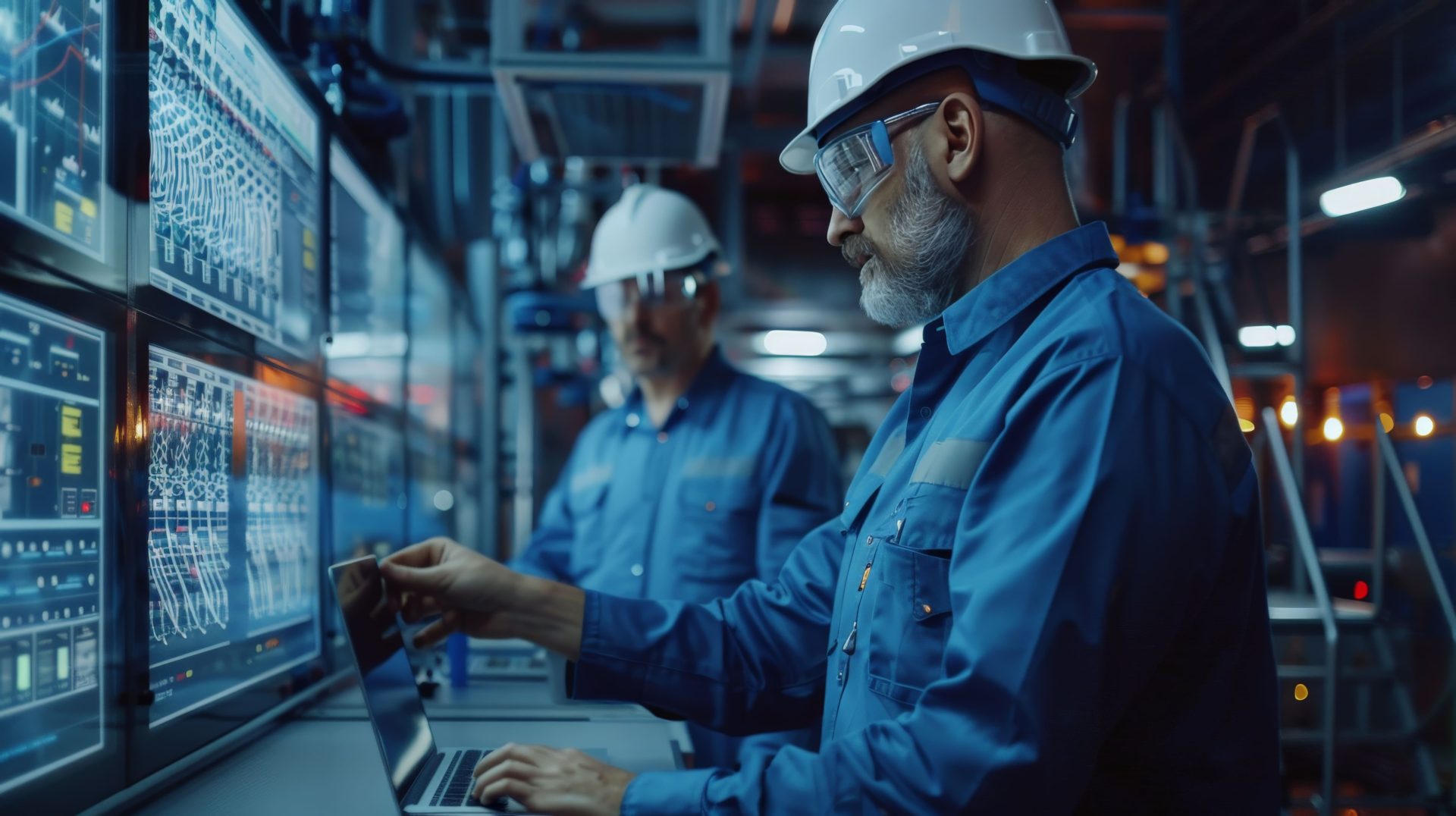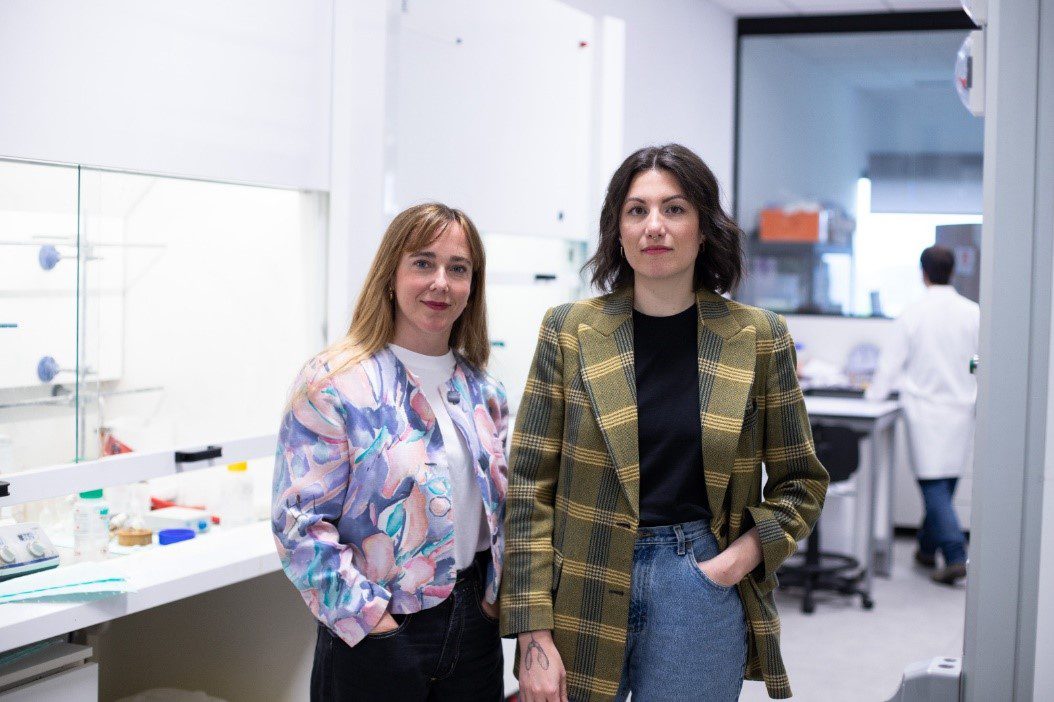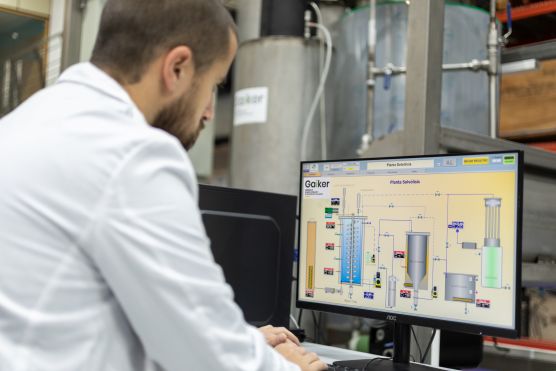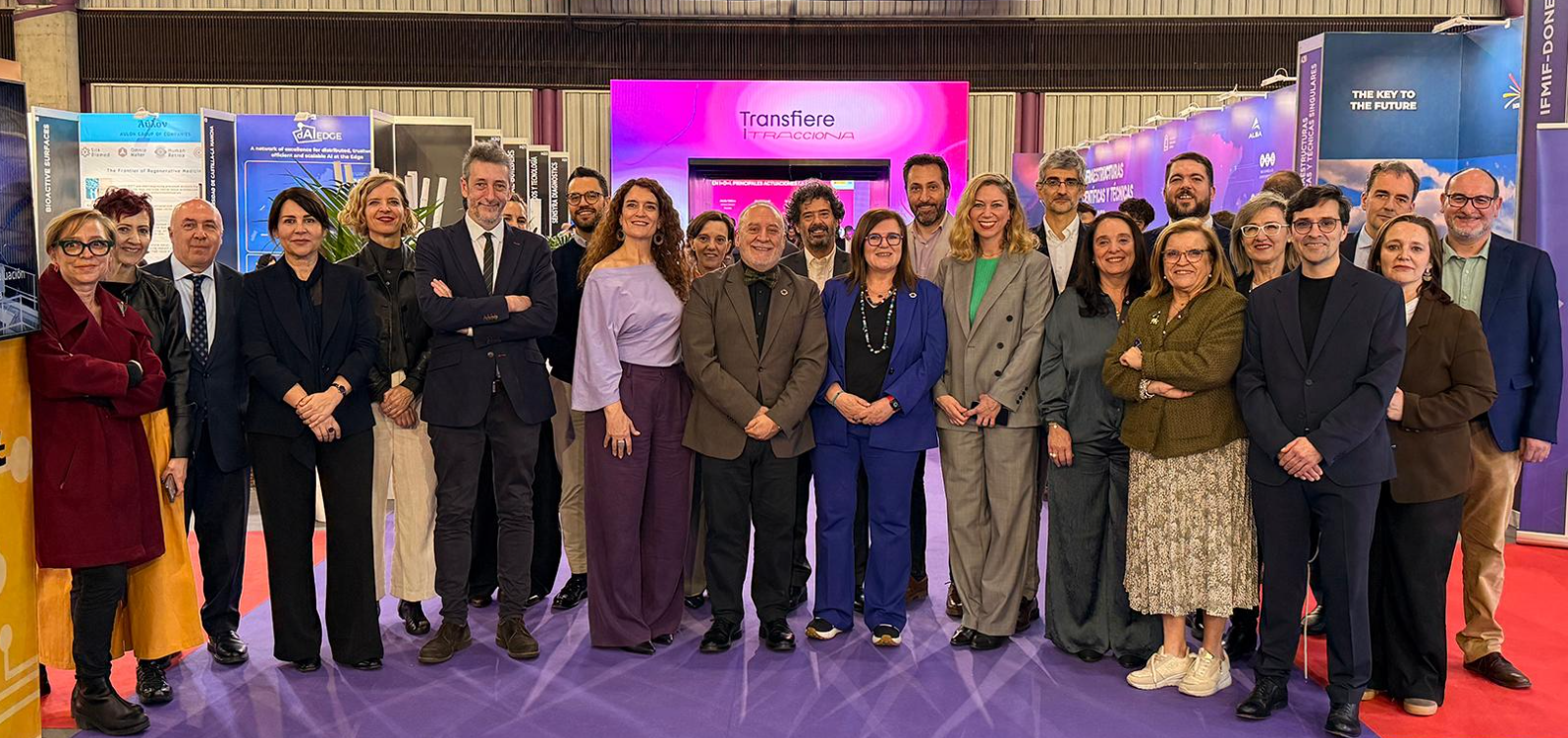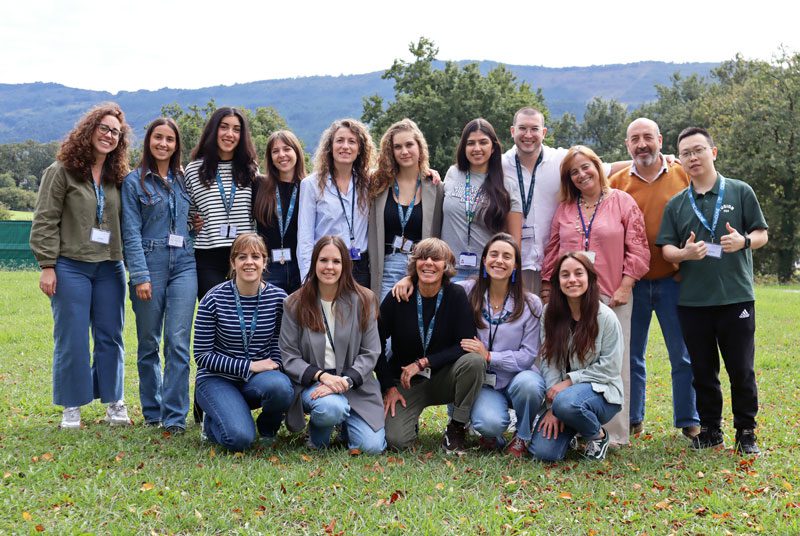BIOLAN’s disruptive and sustainable innovation for nitrite control in the meat industry
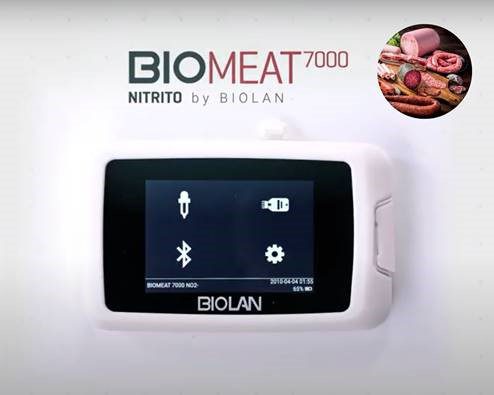
BIOMEAT 7000 NO2-, the new state-of-the-art device for improved food safety analysis
The use of nitrites as preservative additives in food products is regulated and the latest revision of the European regulation further tightens its control in food.
BIOMEAT 7000 is a unique and advanced device, connected to the cloud, fast, simple, accurate and versatile in the treatment of any type of sample. It is a device for the quantification of nitrite in meat products that is eco-designed, environmentally sustainable and respectful of the health of the user.
BIOLAN, specialised in the analysis of different parameters of interest for the food industry, continues to expand its business to one of the most important food industries worldwide. The current launch is focused on the meat sector, but the extension of its application to other food segments is already underway.
The BIOMEAT 7000 is a specific and easy-to-use enzymatic biosensor that allows the determination of the amount of nitrite ion in less than 1 minute, at any point of the value chain. Its portability, data management, optimised design and the fact that it does not use hazardous reagents make it a very competitive tool, as well as being a versatile device, which additionally allows the measurement of different parameters of interest, such as salt concentration, in the same device.
This biosensor is capable of measuring in a wide variety of ranges, in raw, cured and cooked meat products, and in all types of sausages, both in the range 10-75 mg/kg NO2- in the final product and in the range 50-250 mg/kg NO2- in raw material.
The meat industry uses preservatives such as nitrite (E 249-250) during the production process of meat products because of their protective effects against the growth of bacteria, in particular Clostridium botulinum, responsible for botulism. However, it is widely recognised that the presence of nitrites in food can lead to the formation of nitrosamines during thermal cooking processes, some of which are carcinogenic. Consequently, it is necessary to minimise the risk of formation of such nitrosamines and for this reason, nitrite levels in meat products are regulated by food safety authorities.
Current legislation indicates that the amount of nitrite must be measured after addition to the meat product, while a recent modification of the regulation, which will take effect in 2025, indicates that the residual nitrite content in the final product after the curing process must be measured. BIOLAN’s analytical tool will provide an answer to both cases, allowing control at any point in the food processing chain.
Nowadays there are several methods to quantify nitrite in meat, but they have several disadvantages compared to the BIOMEAT 7000 solution. Many of them are not as accurate and sensitive when analysing the sample, are more expensive, require toxic reagents for the analysis, more time and complexity in the analysis.
In addition, in the design and manufacture of the BIOMEAT 7000, environmental criteria and requirements have been applied from the beginning, preserving the eco-design and the analysis of the life cycle of these, in order to reduce the electronic material, plastic components, energy consumption and water consumption, aspects that have been considered to offer the user an ‘ecofrienly’ tool.
The BIOMEAT 7000 belongs to the new generation of BIOLAN biosensors equipped with connectivity with which to perform a comprehensive monitoring of the analytical process, from advanced visualisation of results and storage in the cloud, to the traceability of the product throughout the entire value chain. These are fast and easy-to-use devices ready to offer the user personalised assistance, alerts, customised reports and the ability to integrate with information systems for greater traceability.
BIOLAN’s objective is, once again, to make it easier for stakeholders to make decisions along the entire value chain. BIOLAN has proven to be a benchmark in the food sector, combining innovation with a digitised and sustainable approach. Its ability to adapt to market demands and anticipate future trends not only positions it as an industry leader, but also contributes to the transformation of food production towards safe, more responsible and efficient models. As it continues to expand its horizons, develop new technologies, and learn about market trends, it will continue to increase its competitiveness and efficiency, benefiting consumers and the well-being of society.
